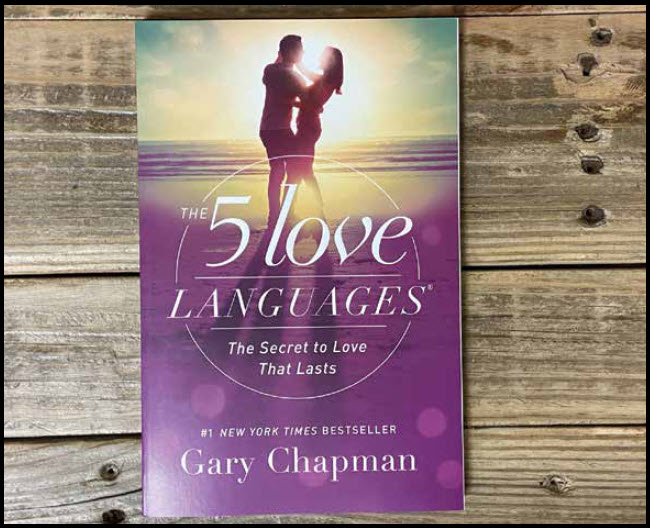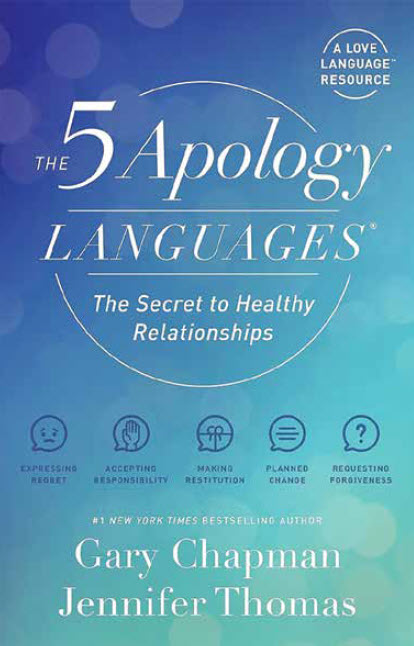 By: Lisa Philippart
By: Lisa Philippart
Several years ago, I had no clue about essential oils. When a friend introduced them to me, I will admit that I was a scoffer… until I noticed some changes. So let me share with you some basic information about essential oils and how they can be effective in addressing a variety of mental health issues. Essential oils are natural extracts from the seeds, stems, roots, flowers, bark, and other parts of plants. When you smell a rose or a freshly peeled orange, you are experiencing the aromatic qualities of essential oils. As we inhale aromatic compounds from the EOs, they travel to the olfactory bulb or the emotional part of our brains. The odor triggers a series of brain chemicals. For example, the scent of lavender triggers serotonin, which has a relaxing effect on the mind as well as the body. The olfactory bulb is the only place in our bodies where the central nervous system is directly exposed to the environment. So this makes perfect “scents” (sorry!) that the brain is designed to use aroma to soothe and protect itself.
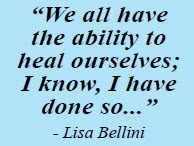 When I started with EOs, I was concerned with how to use them. The three most common ways to use oils are aromatically, topically, and internally. Aromatically means that a diffuser is used to spread the EO particles into the air; or one or two drops can be placed on the palms and inhaled. For example, I diffuse peppermint in the mornings as an energy booster and to help clear my mind in preparation for the day. I may use orange in the afternoon to give me an energy boost. And at night, I diffuse lavender to help me to relax and wind down from the day so I can sleep more soundly. Topical application involves applying a few drops of oil directly on the skin, rubbing it in to quickly absorb into the body. My daughter puts a drop of eucalyptus, diluted with fractionated coconut oil, on the bottoms of her daughter’s feet for respiratory support. I love the smell of melaleuca, so I place a few drops on my pulse points.
When I started with EOs, I was concerned with how to use them. The three most common ways to use oils are aromatically, topically, and internally. Aromatically means that a diffuser is used to spread the EO particles into the air; or one or two drops can be placed on the palms and inhaled. For example, I diffuse peppermint in the mornings as an energy booster and to help clear my mind in preparation for the day. I may use orange in the afternoon to give me an energy boost. And at night, I diffuse lavender to help me to relax and wind down from the day so I can sleep more soundly. Topical application involves applying a few drops of oil directly on the skin, rubbing it in to quickly absorb into the body. My daughter puts a drop of eucalyptus, diluted with fractionated coconut oil, on the bottoms of her daughter’s feet for respiratory support. I love the smell of melaleuca, so I place a few drops on my pulse points.
You can also place one or two drops of certain EOs under your tongue or in an empty capsule and swallow just like any other pill. Taking oils internally can support the digestive system and boost immunity. For example, I like to add a couple of drops of lemon oil to my water to freshen my drink, or a drop of peppermint on my tongue can give me a lift in the afternoon or help if I have an upset stomach.
 I have found that adding 2-5 drops of oils to my shower or bath can have a powerful effect, depending on the time of day. If you shower or bathe at night, eucalyptus, lavender, or frankincense can be relaxing. If you are a morning bather, peppermint, orange, grapefruit, or lemon can be invigorating and elevating.
I have found that adding 2-5 drops of oils to my shower or bath can have a powerful effect, depending on the time of day. If you shower or bathe at night, eucalyptus, lavender, or frankincense can be relaxing. If you are a morning bather, peppermint, orange, grapefruit, or lemon can be invigorating and elevating.
As a mental health professional, I am often asked about which oils to use for specific moods to help manage symptoms. For example, lavender can ease sadness, calm anxiousness, and decrease stress. In my office, I often diffuse rosemary because it can relieve fatigue, comfort sadness, and promote concentration. Vetiver can relax nervous energy, reduce anger, and soothe anxiousness. Frankincense, while expensive, is a wonderful all-around oil often used to lessen mental fatigue, provide grounding, and improve mood. Essential oils have so many applications, I encourage you to explore which ones work best for you. When purchasing EOs make sure you research the oils’ sources, purity, and therapeutic grade, as all oils are not created equal. So next time you feel down, take a whiff of lemon and see what happens!
Until next time…Lisa
By: Lisa Philippart
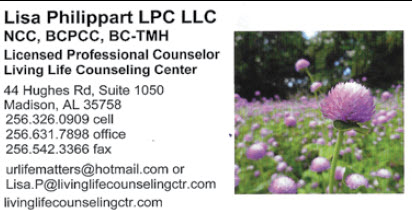


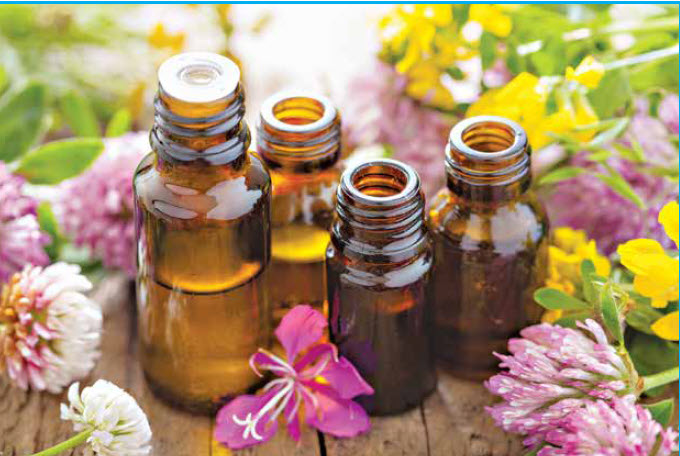






 April 19, 2024
April 19, 2024
